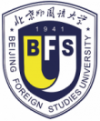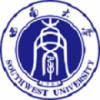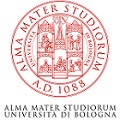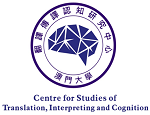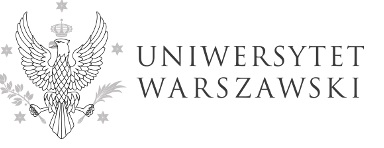Self-efficacy is a construct which has been found to influence individuals’ performance and coping abilities, enhancing motivation and facilitating goal-setting, decision-making, academic achievement, and successful persistence in the face of difficulty (Bandura 1995). Although the related notions of self-awareness, self-confidence and self-concept have already been addressed in translatology (Hönig 1995; Kussmaul 1995; Kiraly 1995), no specific research has been conducted on the relationship between self-efficacy and translation. The purpose of this article is to introduce the concept of self-efficacy from a social and cognitive perspective, as well as to explore its possible implications for translatology. An exploratory correlational study, based on self-report measures, was performed using the Spanish version of the General Self-efficacy Scale (GSE) (Baessler and Schwarzer 1996). The results of this preliminary research suggest that self-efficacy is a construct of relevance for translation process-oriented research, related, in particular, to proficient source language reading comprehension, tolerance of ambiguity, and documentation abilities.




